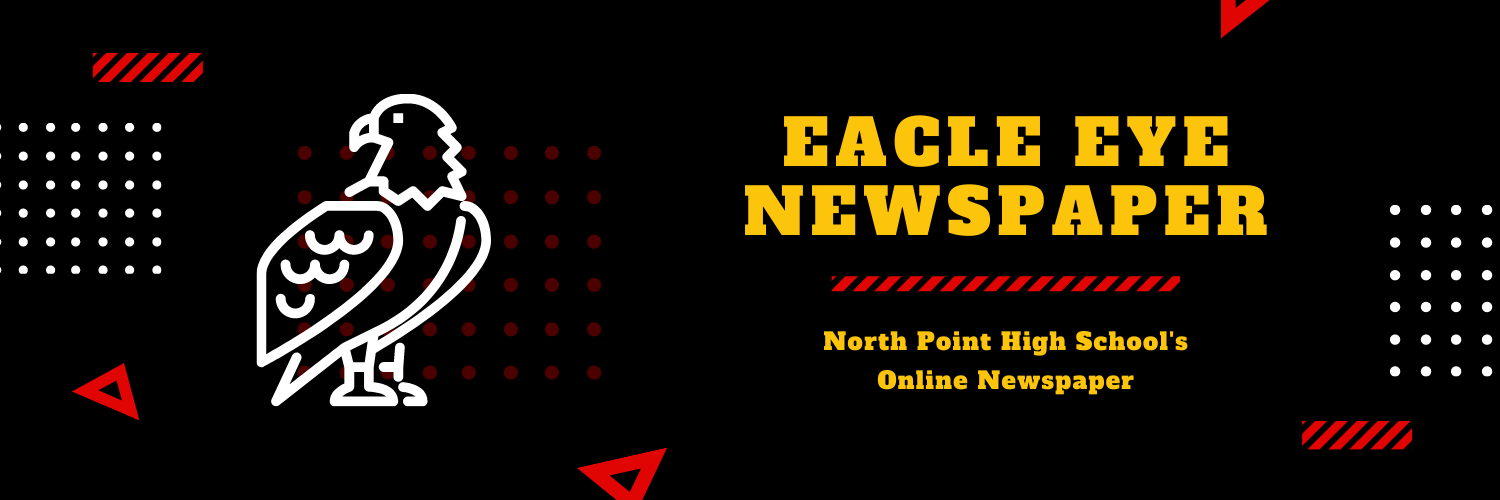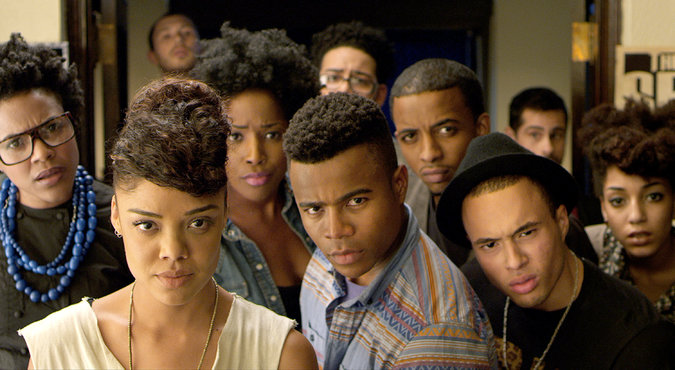Dear White People
Recently, Netflix released the trailer for a new series, Dear White People. When the trailer was released, it caused a lot of controversy. The title of the series makes it seem like it’s targeting a certain race, but it was merely just a marketing strategy to get attention. People saw the name of the title and ignorantly assumed it was “racist” and “anti-white” propaganda. It even went as far as white people wanting to boycott Netflix and call the show “white genocide.” Many people also stated that shows like this are the reason there is racial division in America. Because of course it’s not systematic oppression that causes racial division, it’s a show…on Netflix.
This is exactly why Justin Simien created his movie and the series, because of the many things people of other races don’t know about the black community. “I want those who are  chronically unseen in the culture to feel seen,” Simien wrote. “And I want those willing to extend empathy to experiences unlike theirs to understand their humanity more deeply.” Simien continued, acknowledging the reason he believes most white men and women feel threatened by Dear White People is because they’re not used to seeing a “woman of color refer to white people en masse. Something she dare not be allowed in decades past.” He also called out the majority of conservatives who were tweeting him about their displeasure with the show, bringing up current conversations happening in the political sphere between liberals and conservatives.
chronically unseen in the culture to feel seen,” Simien wrote. “And I want those willing to extend empathy to experiences unlike theirs to understand their humanity more deeply.” Simien continued, acknowledging the reason he believes most white men and women feel threatened by Dear White People is because they’re not used to seeing a “woman of color refer to white people en masse. Something she dare not be allowed in decades past.” He also called out the majority of conservatives who were tweeting him about their displeasure with the show, bringing up current conversations happening in the political sphere between liberals and conservatives.
What boycotters don’t know is that the movie’s main topic is the black community. It’s about a mixed race college student, Sam, who thinks she has to choose a side between white and black. She chose her black side, by deciding to become a “Social Justice Warrior,“ which is an individual who promotes socially progressive views, such as feminism and civil rights. The movie goes to show that there is a lot of ignorance and hate in the black community as well as other communities looking in. For example, Coco, a black girl in the movie, has anger and jealousy built up towards Sam because she is “light-skinned.” Coco goes as far as damaging her curly hair and hating her dark skin so that her white counterparts could accept her. Simien used this to bring up the topic of colorism. Society views light skin as prettier , which is a huge problem in the black community. In the film, Sam created her own radio show called, “Dear White People.” Her radio show caused a stir on campus, which led to Kurt, a white student at the school, to host a “Blackface” party in response to her radio show. This of course ended in a huge feud between white and black, as black students appeared at the party to shut it down.
Along with social media, many North Point students, who regularly watch Netflix, have opinions about the new series. “I don’t think it’s meant to be racist at all. First, I think the title is more about marketing. Seeing a title of a show that has people thinking makes you curious to why it is named what it is. I feel as if, this year especially, people are so quick to call something racist or to just disagree with something because race was brought up,” said Kristin Wood (17’). “I think in some topics race should be brought up because people seem to think they know everything about a race that isn’t their own. When in all actuality, they are basing what they think they know off stereotypes and what the media shows them. I saw the original movie to Dear White People and it actually got me thinking about the insecurity and misjudgment in the black community.”
The controversy led to Dear White People being the most viewed announcement teaser for a Netflix series in the network’s history. Simien added on Twitter that despite having to put up with people who were threatening to cancel their accounts and sending racist tweets to him, he was happy the show was getting more attention. Dear White People is to be released April 28, 2017, on Netflix. The hope is for the show to prosper and enlighten people who think they know what they truly do not.



